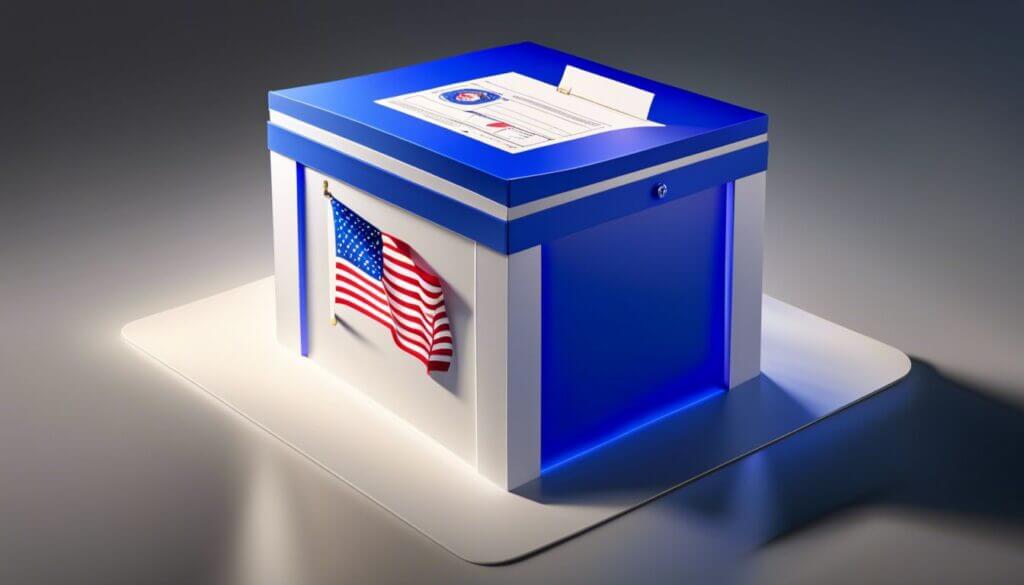Amid the U.S. political landscape, the details of Trump’s policy changes for the election battle in 2024 generated intense debate and considerable media attention. In an interview with The New York Times, advisors to the former president gave the details.
Should he win in the upcoming November 2024 elections, the former president’s plan would involve a drastic government reform, which could be even more far-reaching than that of his previous term. Read on, Jaskot Law tells you all the details.
What are Trump’s policy changes in his 2024 agenda?
According to the advisors interviewed, Donald Trump would be making adjustments to policies he implemented in his previous term. These policies included restrictions, reductions, and hindrances to numerous immigration regulations.
According to Lorenzo Palomares, spokesman for the Trump campaign,
“Trump’s policy is going to be a wee bit more severe than before.”
In this way, they also claim that it would reinstate Title 42, which expelled immigrants from the country without them being able to apply for asylum. Now, the team of Jaskot Law lists Trump’s potential policy changes.

Potential Trump’s policy changes if he wins the presidency
As reported by the former president’s advisors in the interview with The New York Times, Donald Trump would be analyzing and preparing a series of changes in case he assumes the presidency. Among them, some of the ones they mentioned are the following:
- Expanding immigration crackdown: Trump plans to vastly expand his first-term immigration policies to include large-scale raids and deportations of undocumented people in the U.S.
- Restriction of legal and illegal immigration: The goal is to drastically restrict both legal and illegal immigration, including banning travelers from certain countries, mostly Muslim, and reinstating the rejection of asylum applications based on public health concerns.
- Detention camps: Trump would use the military and other federal agencies to build large detention camps and carry out immigration enforcement by invoking laws such as the Insurrection Act to do so.
- Revocation of Temporary Protected Status: Trump proposes to revoke protections that allow individuals from insecure countries to legally reside and work in the U.S., affecting many, including Afghans evacuated during the Taliban takeover in 2021.
- End birthright citizenship: He aims to proclaim a government policy to deny birthright citizenship to U.S.-born children of undocumented parents, possibly in defiance of the 14th Amendment.
- Increased numbers and deportation improvements: Although previously unsuccessful in significantly increasing deportations, Trump is determined to reach numbers in the millions if he wins the next election.
Keeping abreast of each candidate’s plans and campaigns is essential to making a decision during the upcoming 2024 elections. Jaskot Law provides you with the details of Trump’s agenda to keep you informed.

Conclusion
In conclusion, a thorough exploration of Trump’s policy changes and possible proposal for the 2024 presidential election reveals a vision that seeks to significantly reshape U.S. migration and export policies.
In this comprehensive analysis, the Jaskot Law provides you with an overview of candidate Trump’s proposals, allowing you to form your own informed opinions on the country’s potential direction in terms of migration and international trade.
Source
Sweeping Raids, Giant Camps and Mass Deportations: Inside Trump’s 2025 Immigration Plans
Frequently Asked Questions
What effects would Trump’s proposed immigration policies have on the U.S. economy?
The policies could cause disruption in sectors that depend on immigrant labor, such as agriculture, construction, and services. This could lead to labor shortages and increase labor costs, which in turn may increase prices for consumers.
How would relations with immigrants’ countries of origin be affected by mass deportation policies?
Mass deportation policies and forced cooperation on immigration issues could strain diplomatic relations with countries of origin. Affected countries could face economic and social challenges in reintegrating large numbers of deportees, and disputes could arise over foreign assistance and trade agreements.
What international legal consequences could the U.S. face in implementing these immigration policies?
The United States could face criticism and possible sanctions from international human rights bodies if the proposed policies violate international asylum and refugee obligations. In addition, the treatment of immigrants and denial of due process could be considered contrary to international standards and affect the global reputation of the United States as a country that defends human rights.
Kemel stands out as a professional in writing and translating content for the Latin American market. With more than four years of experience, he began his professional career as a member of a research group, with which they dealt with various topics and wrote several scientific papers.


